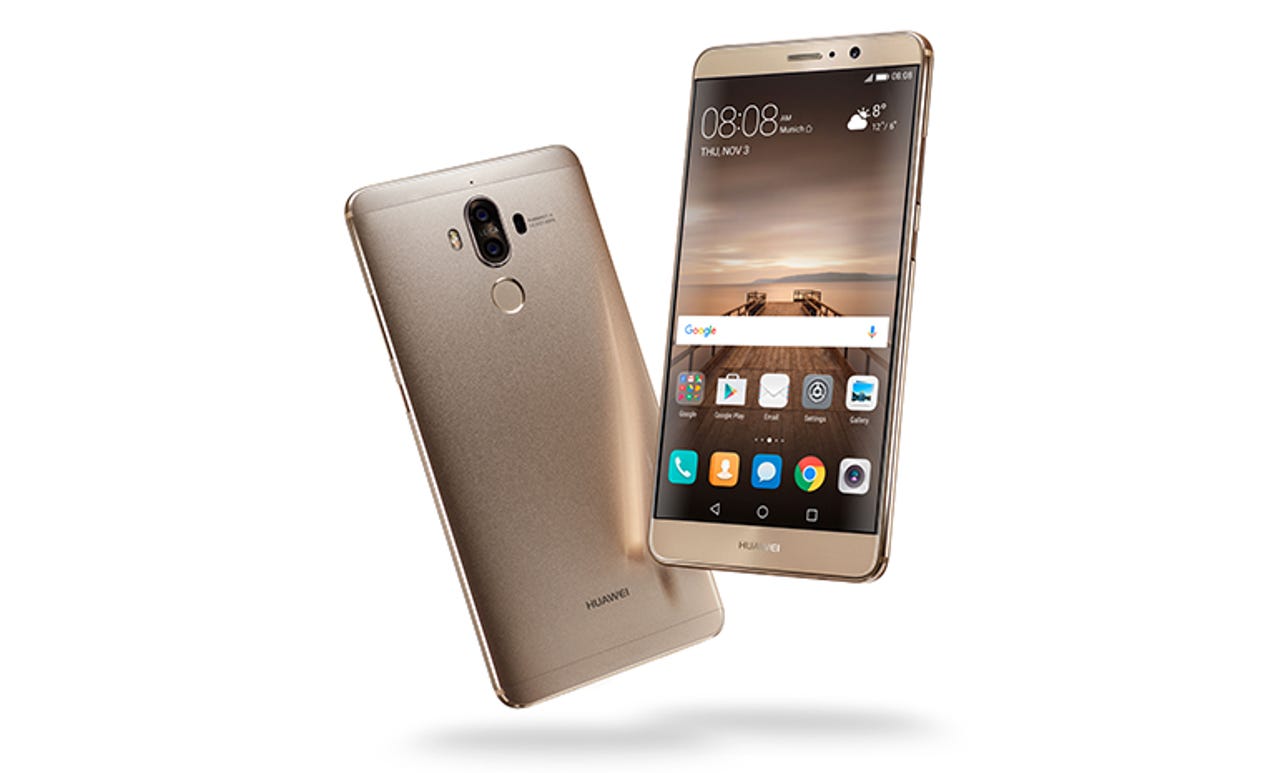Huawei's next smartphone challenge: Navigating Trump-China relations


Huawei has released some very impressive devices in the US over the past couple of years, including the Nexus 6P and Huawei Mate 9. The Mate 9 has been serving as one of my main devices after the Note 7 recall and there's a lot to like for just $599.
Does the iPhone still matter?
With the CES announcement that the Mate 9 is now available in the US for hundreds less than comparable flagships, it seemed that Huawei may be on its way to making a name for itself in the US smartphone market. Yesterday, Canalys questioned whether or not Trump's tough talk on trade with China would limit the rise of Chinese vendors seeking US adoption of compelling hardware at reasonable prices.
Prior to Trump's successful presidential campaign, ZDNet's Jason Perlow made the case that Huawei, ZTE, Xiaomi, and Lenovo were going to challenge Apple and Samsung for the lead in smartphone market share. After using Huawei, Lenovo, and Apple products over the past few months, it's difficult to justify paying hundreds more for an Apple product that is inferior to these Chinese products in many ways.
Prior to using a Nexus 6P, I read ZDNet's David Gewirtz's article on whether or not it was safe for Americans to use Huawei products as I was a bit gun shy about its products given my military service history and feeling that China was out to spy on all Americans. I doubt anyone in China cares about my communications with my family about dinner plans and I have come to relax a bit about my own privacy concerns. That's not to say we should not be concerned, but if anyone is spying then they are likely spying on more important people than myself.
While it is unlikely there are personal security concerns, the folks at TechTarget posted an interesting article on possible risks associated with businesses purchasing Chinese technology. These possible threats are not focused just on smartphones, but it sounds like bad software is the primary concern for mobile devices.
At CES 2017, Huawei's chief executive of the consumer business group, Richard Yu, emphasized Huawei's plans for the US market and stated Huawei will be the largest smartphone maker in the world in five years and that it has no relations with any government. He stated that Huawei is a private company owned by its employees and it will not spy on consumers, in cooperation with governments.
Mr. Yu stated that President Trump is a businessman so he hopes that the President will understand the mutual benefits to both countries with an increase in sales of Huawei smartphones in the US. It's been an interesting first week and a half with President Trump so we'll have to wait and see if Huawei's aggressive US sales strategy will succeed as we move forward into 2017.